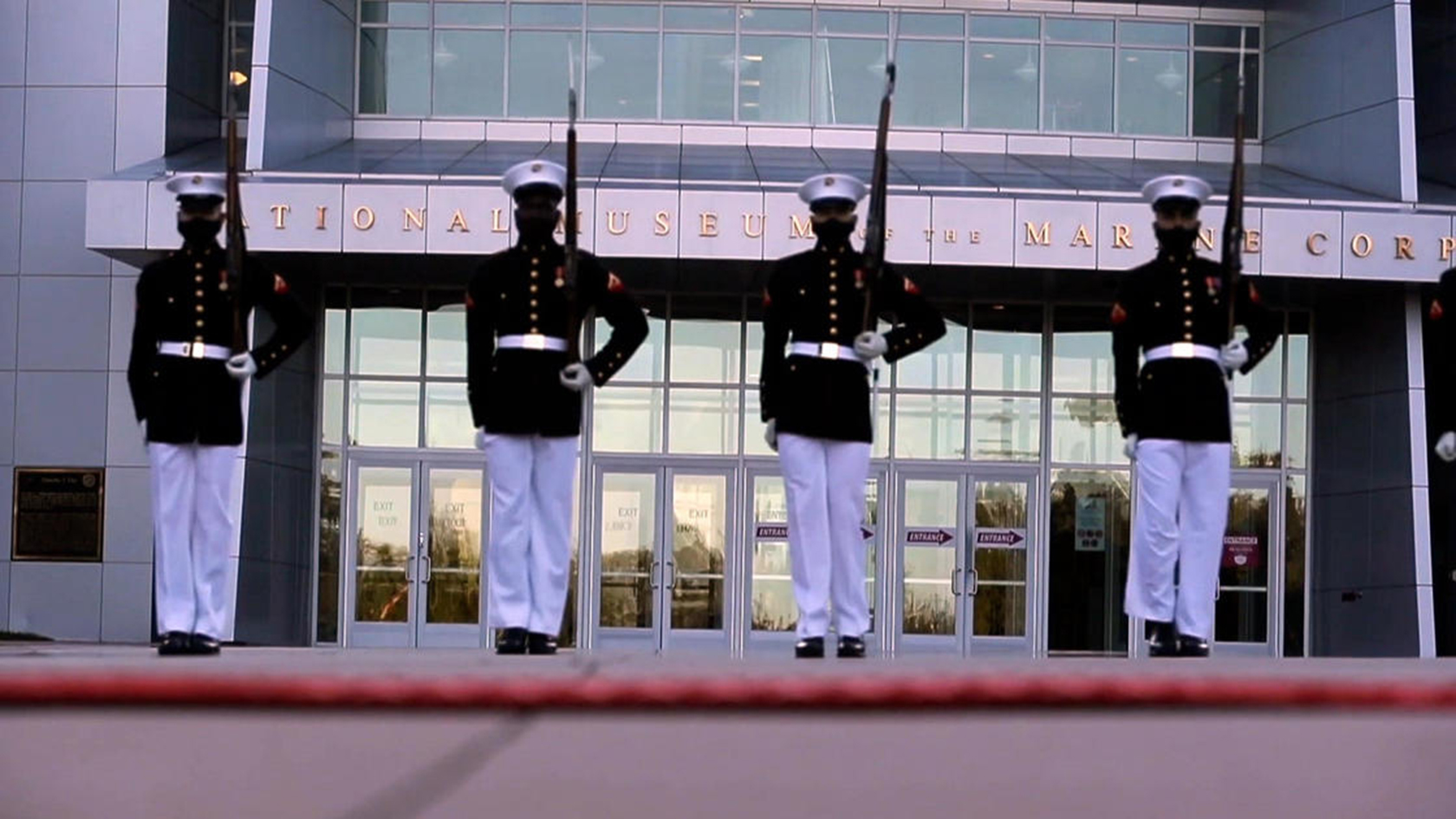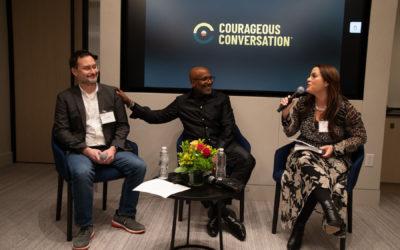By David Martin—March 21, 2021
More than 70 years after the armed services were integrated, it is still a fact of life in the U.S. military that African Americans are more likely to be disciplined and less likely to be promoted than Whites. Even the most successful Black officers routinely feel the sting of racial bias while large segments of the rank and file believe the system is stacked against them. The military has made attempts to deal with inequality before but this time it’s happening under the eye of Lloyd Austin, this country’s first African American secretary of defense. A former soldier who experienced discrimination first-hand.
Secretary of Defense Lloyd Austin: It doesn’t change—as you climb the ladder. You still get the doubts. There are always gonna be people, because of what you look like, that will question your qualifications.
Lloyd Austin climbed every rung in the Army, starting at West Point—and rising all the way to four-star general—many times breaking barriers as the first African American ever to hold the job.
Secretary of Defense Lloyd Austin: There’s probably not a job that I had since I was a lieutenant colonel where some people didn’t question whether or not I was qualified to—to take that job. It’s a world I live in. And I’m sure that the other officers that you talked to would probably say the same thing. There’s not a day in my life, David, when I didn’t wake up and think about the fact that I was a Black man.
David Martin: A number of the African Americans that we have talked to—for this story have said when they are the only one in the room, they feel as if they’re not being listened to. Did you have that experience?
Secretary of Defense Lloyd Austin: Absolutely had that experience. And I found ways—to operate, to adapt.
In 1995, as the 82nd Airborne’s first African American operations officer, then Lieutenant Colonel Austin adapted by having someone else give his briefings—someone he felt White officers were more likely to listen to.
David Martin: Was that a White officer?
Secretary of Defense Lloyd Austin: It was.
David Martin: Did you feel that was a conscious bias, people not ready to listen to you?
Secretary of Defense Lloyd Austin: It absolutely was a conscious bias.
Bias didn’t end even when he was a four-star general.
Secretary of Defense Lloyd Austin: I would go someplace with my staff, and we were wearing civilian clothes. Somebody would come out to meet the—meet the general, and I wasn’t the guy that they walked up to.
General C.Q. Brown: People have a perception that African Americans can’t be in– in key positions just because you’re African American. They just assume that it’s always gonna be somebody else.
General C.Q. Brown rose from fighter pilot to become the first African American in history to head the Air Force, which makes him a member of the Joint Chiefs of Staff. The last time there was an African American in this room was nearly 30 years ago when Colin Powell was chairman of the Joint Chiefs.
We met then-Lieutenant General Brown nearly six years ago at his operations center in the Persian Gulf where he was commanding the air war against ISIS.
It was all about destroying the enemy—but there was something else going on we didn’t see.
General C.Q. Brown: There’s a world that I live in as an African American and there’s a world that I also live in as a minority inside the United States Air Force.
Read more at CBS News.




